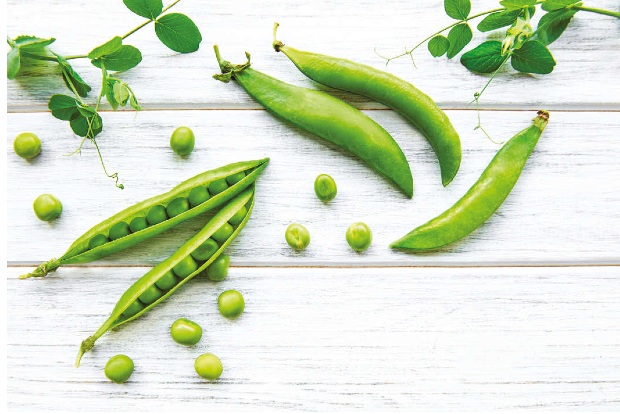Pea Protein 101: Decoding the myths

Pea Protein 101: Decoding the myths:With all the types of protein supplements available at hand and so many different sources of information all around, it can be quite confusing. From doubts about dietary requirements to questions concerning weight loss, we’ve tried to bust some myths surrounding Pea Protein.
Whether you’re someone that’s looking to try the drink out for yourself or just someone looking for a quick comparison to their existing protein supplement, here’s a quick and easy breakdown of all things pea protein by Madhvi Datwani, co-founder of Green Protein Pea protein can cause acne: This myth comes from whey protein and acne breakouts going hand in hand. Since sometimes whey protein is extracted from cow’s milk, it can affect one’s hormones. Luckily, pea protein is derived from plants and won’t adversely affect your hormones or your skin. In fact, it contains all the amino acids you need. It also has a wicked amount of fibre, which helps with digestion and in turn, might just contribute to clean and clear skin.
Pea protein won’t help you build muscle mass: It’s a common misconception that the only way to bulk up is to consume meat, lots and lots of it! That’s not true. In fact, there are so many vegetable sources to turn to. From Glutamine to Arginine, some of the amino acids found in pea protein can help with muscle synthesis and even recovery.
Pea protein is only meant for vegans or vegetarians: This one goes without saying – but anyone that wants to consume pea protein can. It’s definitely not only meant for those who’re vegan or vegetarian. Meat eaters looking to be a bit more sustainable with their supplements as well as those with lactose, soy, or gluten allergies can all jump onto the bandwagon, too.
Pea Protein 101: Decoding the myths
Pea protein doesn’t taste appetising: Pea Protein is one of the best tasting plant proteins and is a wonderfully natural way to get your daily protein requirement without compromising on taste. It’s versatile and super easy to mix as well.
Pea protein isn’t complete protein: Essential amino acids that can’t be produced by our body is the reason this myth stems. Complete proteins contain all nine essential amino acids. A lot of people think that pea protein isn’t quite complete when compared to whey, however, you can stay assured that it does contain all nine building blocks.












